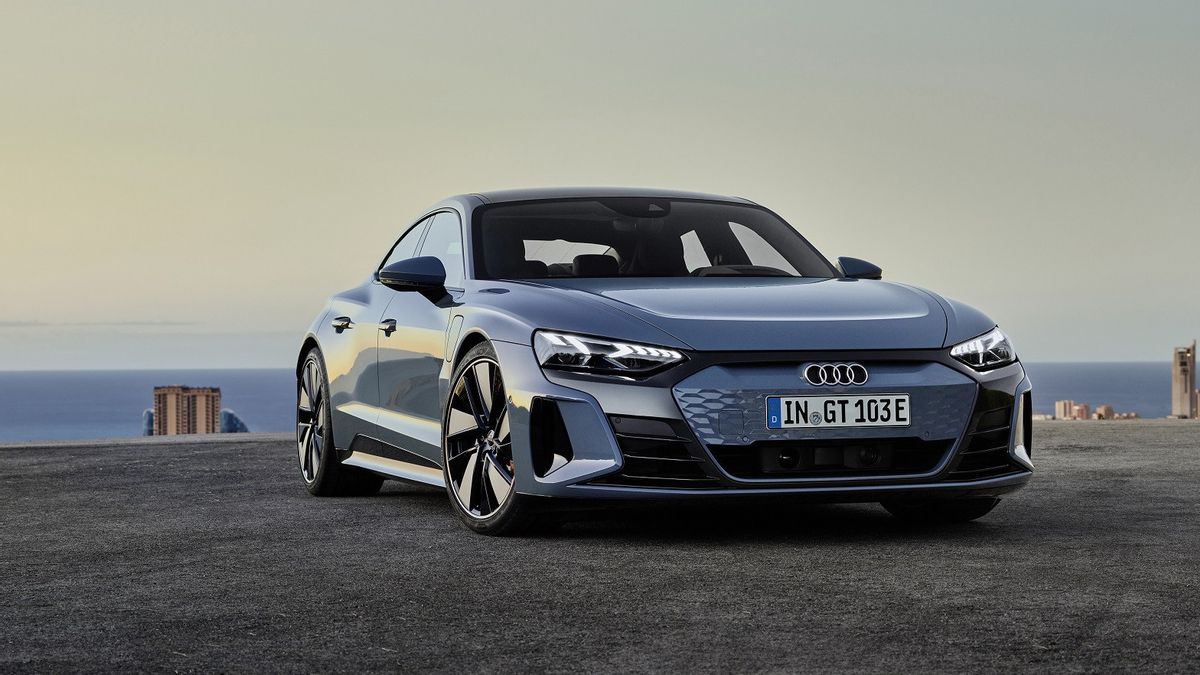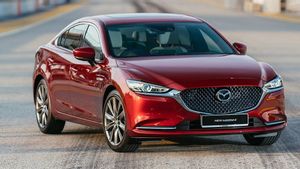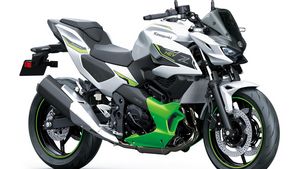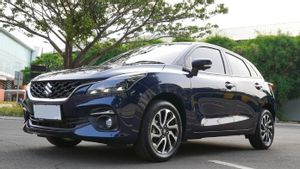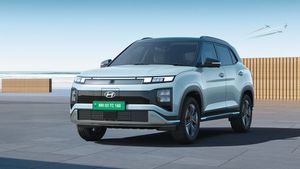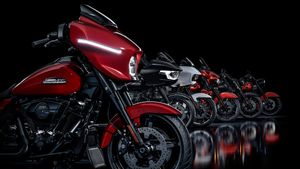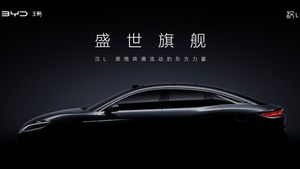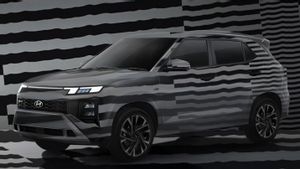JAKARTA - A number of vehicle manufacturers have decided to postpone the full switch to electricity (EV), the latest Mercedes-Benz, which has pushed back plans to sell 50 percent of electric vehicles by the end of the decade.
The reason for this delay is due to the current facts where Mercedes-Benz sees that plug-in hybrid (PHEV) vehicles will remain relevant in the next few years. However, competitors such as Audi have their own views in this regard.
Audi CEO Gernot Doellner said that his party would stick to the strategy of electric vehicles despite facing a number of challenges this year, but he did not rule out the possibility of changes if EV demand continued to decline.
"We updated our entire portfolio, so our position is very flexible," Doellner said as quoted by Autocar, Wednesday, March 20.
SEE ALSO:
The company has a vision to deliver electric vehicles across all model lines in the 2026 period and launch vehicles with its last combustion engine that year before stopping non-EV sales in 2033.
"The plan is that the ICE engine and PHEV premiere will be carried out in 2026, and by 2033 we plan to stop using emission-engined vehicles," added Doellner.
After the launch of Q6 e-tron, Audi will release 19 other models consisting of ICE and EV drivetrains in the period between 2024 and 2025. It is estimated that the manufacturer will launch an electric A6 version and an SUV-style Q5 towards the end of this year.
The English, Chinese, Japanese, Arabic, and French versions are automatically generated by the AI. So there may still be inaccuracies in translating, please always see Indonesian as our main language. (system supported by DigitalSiber.id)
